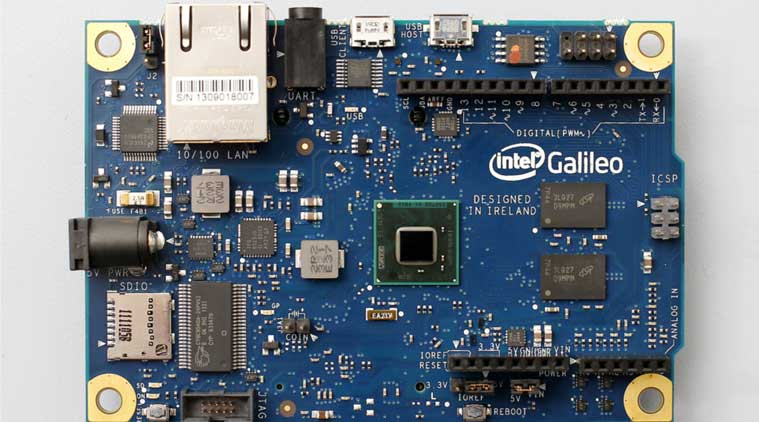Intel Plans to start IoT centers across India

Intel has decided to tie up with nearly 100 academic institutions in order to connect the digital device on Thursday and has a plan to start center for the adoption of Internet of Things, accordingly to connect all deployed devices of India by 2025. These IoT centers will get Galileo boards and Real Sense kits to build product prototypes and develop software using Real Sense SDK.
Speaking at the Intel India Academic Forum in New Delhi, held with the theme a world with one trillion connected devices, Intel India president Kumud Srinivasan said for over 15 years, Intel has been building an ecosystem in India which enables innovation, research and skill development.
Seventy per cent of our Indian workforce is into research and development and our Indian workforce has achieved everything from designing silicon chips to software development. At the same time major tech companies have inclined themselves towards IoT, we are yet to see some real value product. Intel says it plans to initiate IoT curriculum development, though further details were not forthcoming.
Meanwhile, Intel is also extremely upbeat about its Real Sense technology. Achin Bhowmik said, Intel’s Real sense 3D cameras are at the heart of Microsoft’s Windows Hello feature and he feels that with augmented reality, Real Sense cameras and perceptual computing will gain momentum.
Intel’s Real Sense cameras have wider field of view and won’t be limited like in the case of Microsoft’s HoloLens. He later showed F200 and R200 Real Sense camera modules. The F200 model is for close-range use and is now being used by Windows OEMs for deploying Hello feature in laptops and tablets running Windows 10.
The R200 is for long-range use with a range of up to 4 meters. With more and more devices getting connected, it’s equally important to see how cost of chips and memory devices turn affordable for academic institutions and young entrepreneurs to build their ideas.
Post Your Comments for this News
Related Articles
-
Tips for Teaching Coding in Classroom
2017-06-16 12:39:35
-
How to Prepare for Student Orientation Day
2017-05-18 12:53:05
-
World Day for Cultural Diversity for Dialogue and Development.
2017-05-18 10:27:42
-
Big Data for Big Impact #WTISD-17
2017-05-17 09:28:16




